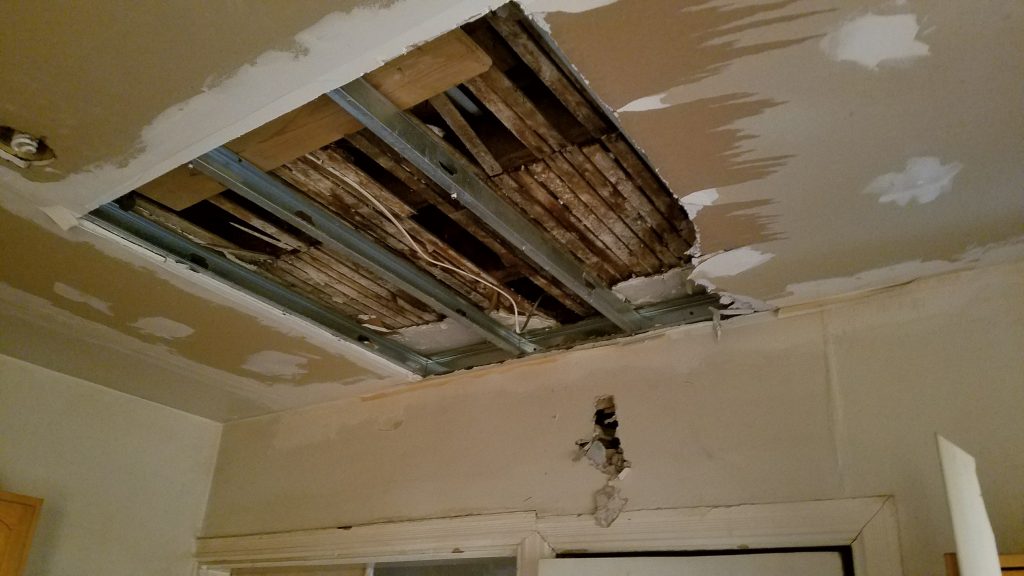When I bought my first house as an investment in the United States, I treated it like it was a house I was planning to live in. I looked for a house in excellent condition. The possibility that the house might need renovations weighed on me. I paid for all kinds of specialist inspections and appraisals. Ultimately, I bought a house that I might well have been able to live in happily, but I paid full market price for it, which deeply damaged the return on my investment. The yield didn’t even come close to the yield I can get now, after I’ve acquired lots of hard-earned experience in various transactions. These days, I know far better how to use all that experience to my advantage when I represent investors.
Time
Investors have an advantage over individuals purchasing a home to live in, who need to know when the deal will close and when they can move in, to coordinate the move with the sale of their current property, as well as to coordinate registering children in local schools, etc.
Property Condition
Seasoned investors aren’t scared of property in rough shape. Quite the opposite: property in terrible shape often represents a unique opportunity. Perhaps it’s in an excellent location and being sold at a steep discount and with less competition because it’s been overlooked by buyers looking for the perfect property. As investors, what do you do when you come across a leaky roof, a filthy basement, an antiquated kitchen? You start to smile. The better condition the basic infrastructure of the property is in, the more it makes more sense to take advantage of this wonderful opportunity to negotiate. When you can buy a property at a low price and the cost of renovation isn’t sky-high, within a few months you can complete the process of buying at a discount and it’ll be ready to rent out. Now you’ve got a renovated property on your hands that will go for market rates.

Money
Individuals purchasing a home need to organize the exact amount ahead of time, by taking out a mortgage or selling some other property that isn’t presently in liquid form. Investors, on the other hand, usually have more flexibility, which allows them to take advantage of the process of negotiation, particularly if they are coming to the deal with cash in hand.
How can you find opportunities like these? You can get started by having a talk with Sheryl.
Leave a Reply
You must be logged in to post a comment.